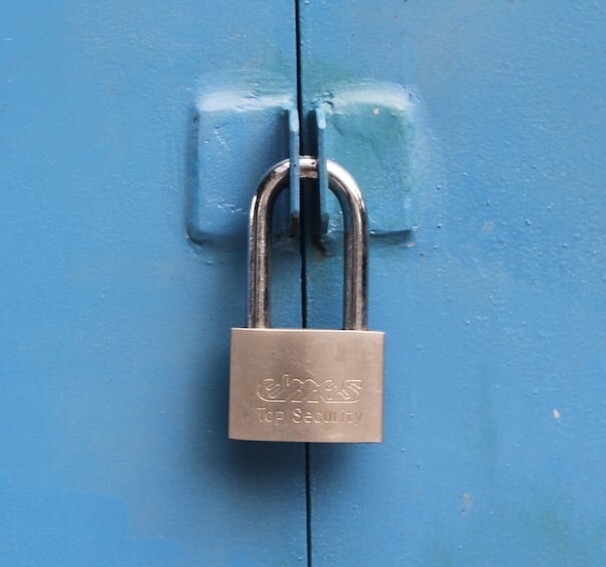Android
DROID DOES
Welcome to the droidymcdroidface-iest, Lemmyest (Lemmiest), test, bestest, phoniest, pluckiest, snarkiest, and spiciest Android community on Lemmy (Do not respond)! Here you can participate in amazing discussions and events relating to all things Android.
The rules for posting and commenting, besides the rules defined here for lemmy.world, are as follows:
Rules
1. All posts must be relevant to Android devices/operating system.
2. Posts cannot be illegal or NSFW material.
3. No spam, self promotion, or upvote farming. Sources engaging in these behavior will be added to the Blacklist.
4. Non-whitelisted bots will be banned.
5. Engage respectfully: Harassment, flamebaiting, bad faith engagement, or agenda posting will result in your posts being removed. Excessive violations will result in temporary or permanent ban, depending on severity.
6. Memes are not allowed to be posts, but are allowed in the comments.
7. Posts from clickbait sources are heavily discouraged. Please de-clickbait titles if it needs to be submitted.
8. Submission statements of any length composed of your own thoughts inside the post text field are mandatory for any microblog posts, and are optional but recommended for article/image/video posts.
Community Resources:
We are Android girls*,
In our Lemmy.world.
The back is plastic,
It's fantastic.
*Well, not just girls: people of all gender identities are welcomed here.
Our Partner Communities:
view the rest of the comments

I use Chrome password manager. Is there any difference to this vs. Bitwarden or other services? Chrome is super convenient since it suggests passwords in browser while signing up and auto-inputs them to apps/websites cross platform. And also integrates with GBoard to quickly search password to copy into a field.
Not sure if Bitwarden has any additional features other than the benefit of not keeping all my info with Google. Or if it's less convenient and I have to go into the Bitwarden app or something everytime to look up or generate passwords?
The passwords store on Google chrome is not encrypted in a way that makes it hard to steal your credentials. The encryption key is stored on your file system alongside it in plain text. There are generally much fewer concerns for security in browser password managers than in standalone solutions. The standalone password managers also allow you to enter credentials into apps on your phone or desktop even if login doesn't happen in a Web view. Usually they also allow to store much more data besides passwords (passports, encryption keys, secret text documents or pdfs, credit card information, ...). I use 1password and they have very good integration I the browser and os through their extensions and apps. It's not less convenient than chrome's own solution.
I'm not aware of the details but my understanding has been that chrome used to store passwords unencrypted but now it does not.
They are indeed encrypted but the encryption key is stored in the user's profile on disk, which defies the purpose.